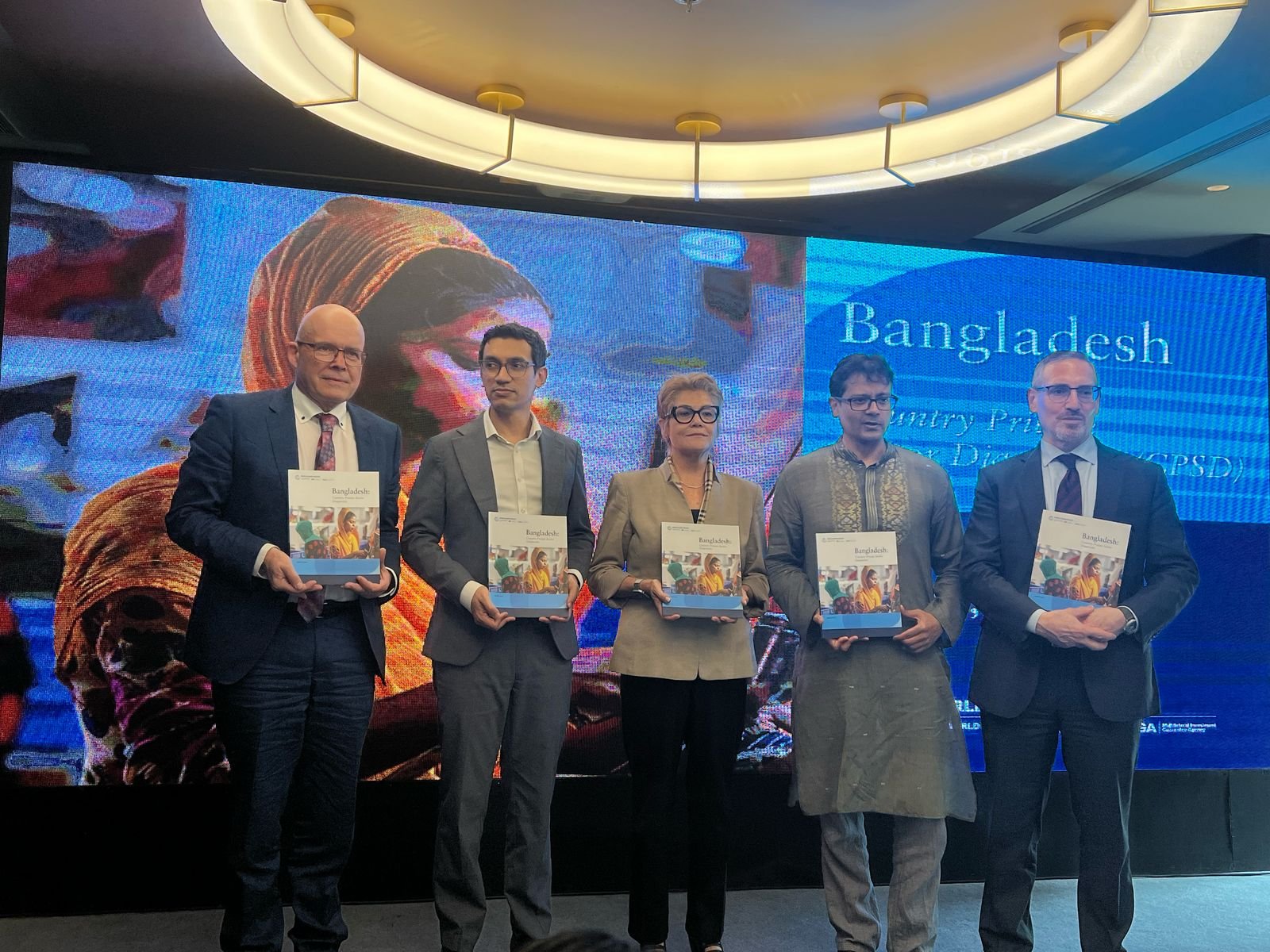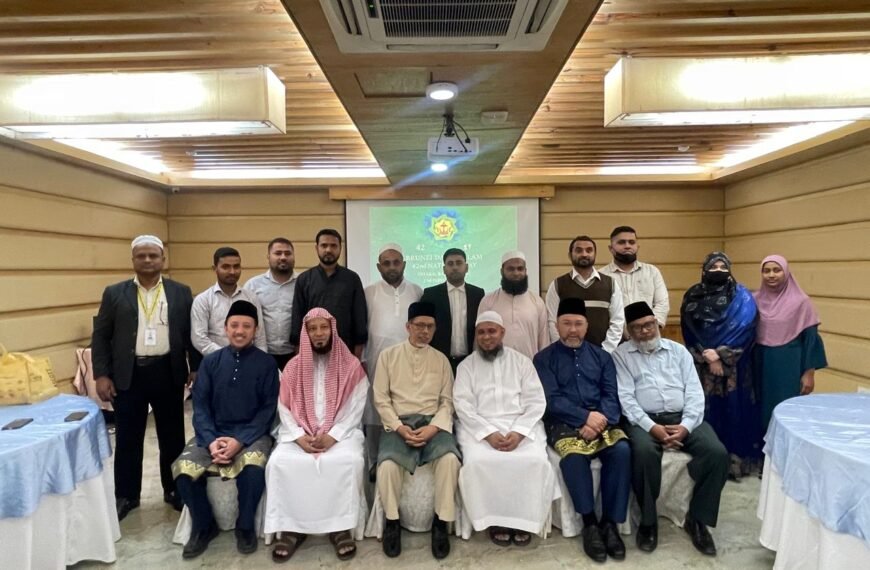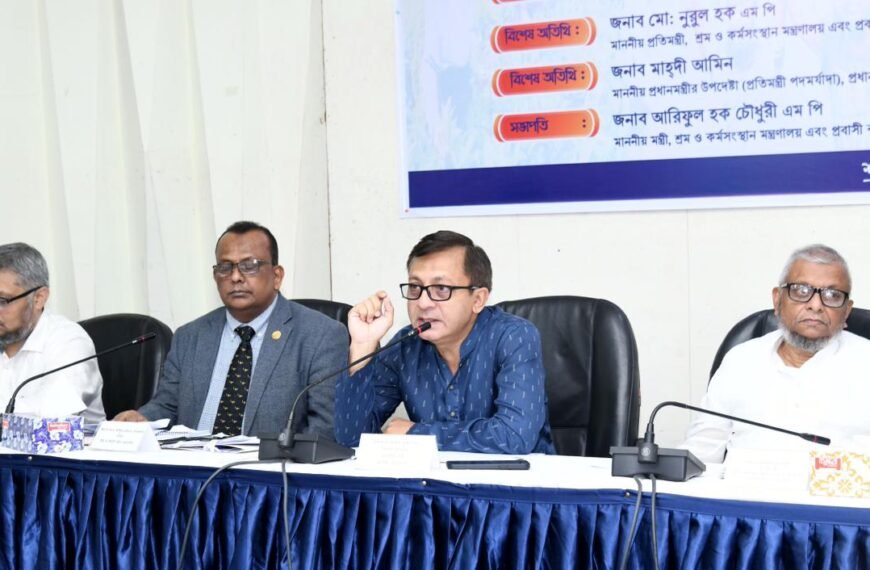Around 3.5 million new jobs can be created every year in Bangladesh if structural and policy reforms in four major sectors are implemented, according to a survey report titled ‘Country Private Sector Diagnostic (CPSD)’ by the International Finance Corporation (IFC), a World Bank Group institution.
The report, released on the second day of the four-day investment conference underway in the capital on Tuesday (April 8, 2025), said that there is a significant potential for employment if appropriate reforms are brought in the country’s housing, raw materials for the dye industry, ready-made garments and digital financial services sectors.

The report said that if complications related to land registration, digital mapping and land purchase at irrelevant prices are removed in the housing sector, about 2.37 million jobs can be created annually in this sector. On the other hand, if the high customs duty and lengthy customs clearance process for the import of raw materials for industrial dyes is eased, an additional 6.5 lakh employment opportunities will be created.
It is also mentioned that if the digital financial sector, especially mobile banking, is revised and other institutional complications are removed, about 460,000 jobs can be created from this sector.
The report also highlights five main obstacles to improving the business environment: shortage of power supply, financing constraints, corruption, excessive informal sector, and complex tax system.

After the presentation of the report, two separate panel discussions discussed in detail the business environment of the country and the development needs in potential sectors. The first panel discussion was attended by Lutfe Siddiqui, Special Envoy of the Chief Advisor for International Affairs, Ashiq Chowdhury, Executive Chairman of the Bangladesh Investment Development Authority (BIDA), and Gail Martin, Interim Country Director of the World Bank. The event was moderated by Martin Holtmann, Country Manager of IFC.
Lutfe Siddiqui said, “The problems mentioned in the report are not new. However, the interim government has the goodwill to solve these problems.”
BIDA Chairman Ashiq Chowdhury said that increasing employment is one of the priorities of the current government, and the government will work sincerely to implement the recommendations of this report.

The second panel discussion was attended by BRAC Bank MD Salim RF Hossain, bKash CEO Kamal Quadir, Ananta Group MD Sharif Zahir, ABC Real Estate MD Srabanti Dutta, and Nippon Paint Head of Operations Arun Mitra.
Sharif Zahir said, “The lack of business infrastructure is a big challenge. If the infrastructure is improved, employment can double or even more.” He added, “All problems can be solved if there is a well-organized roadmap.”




